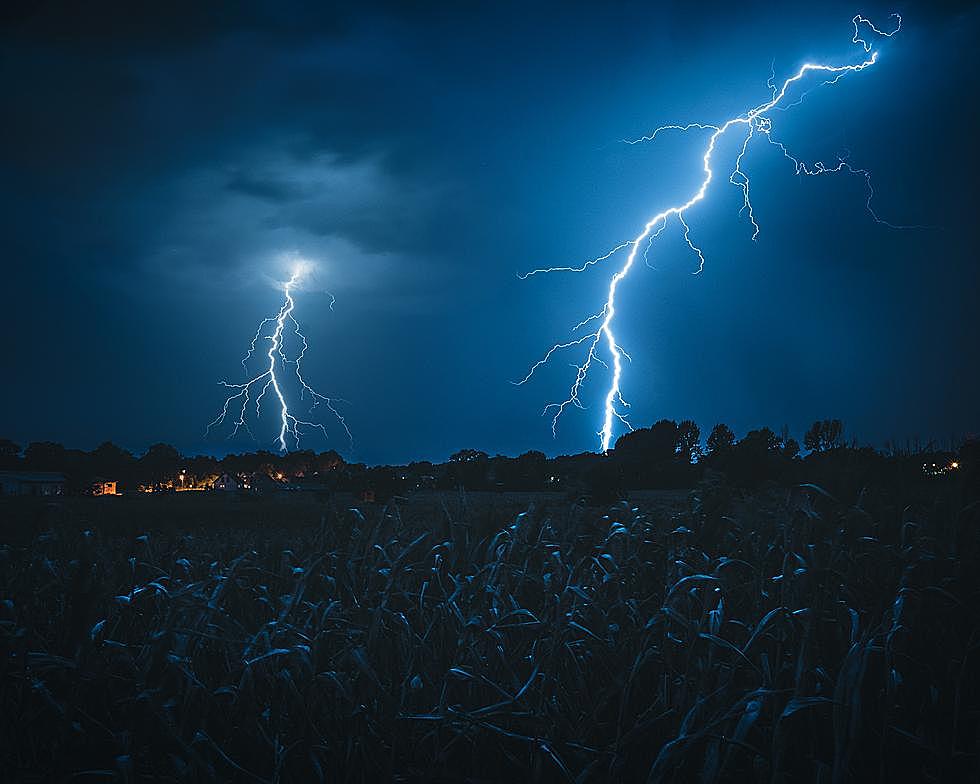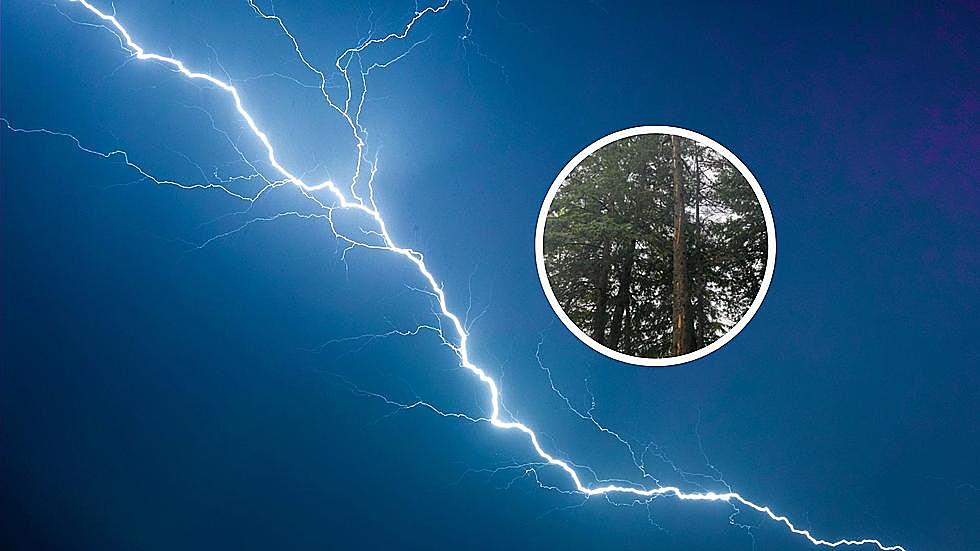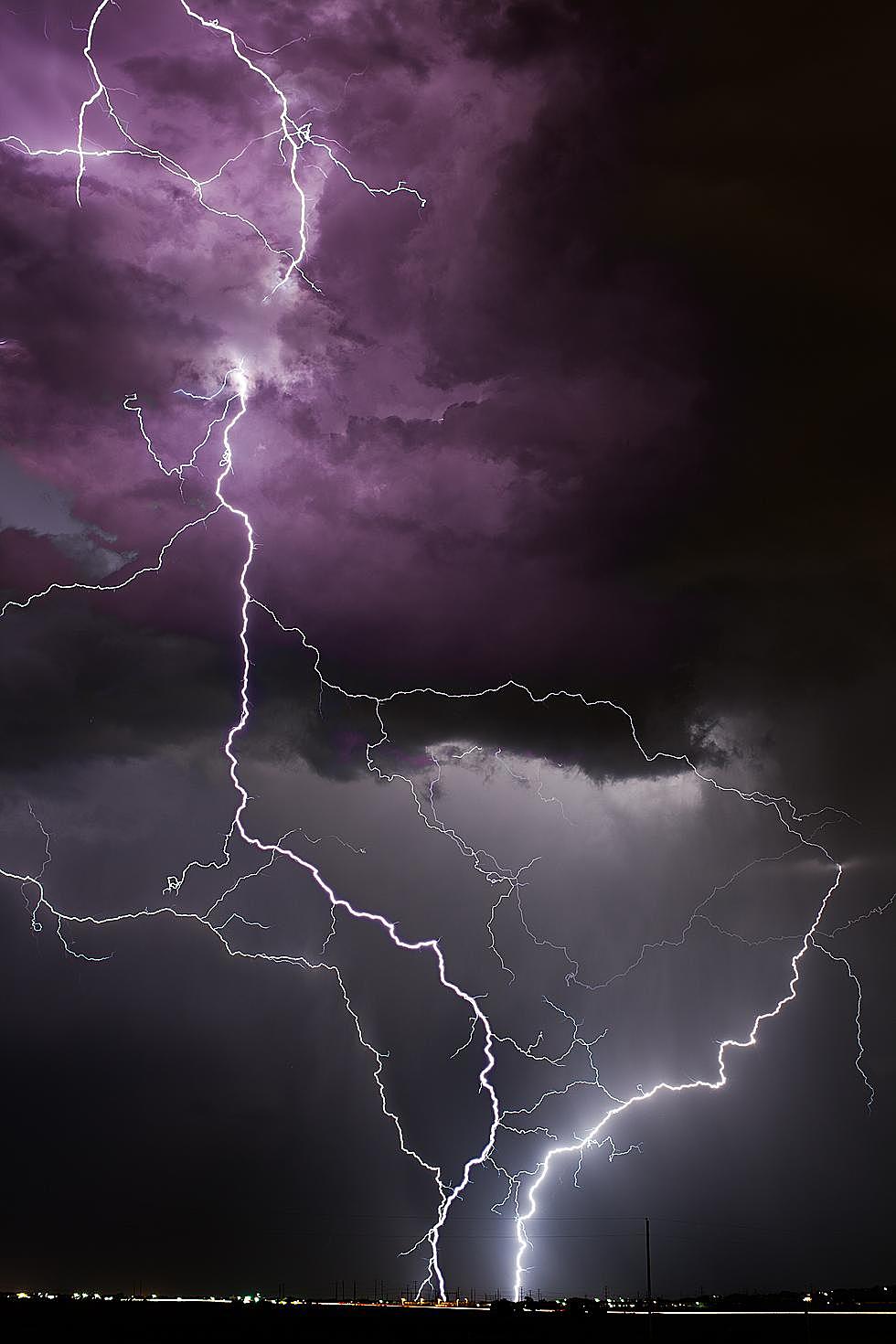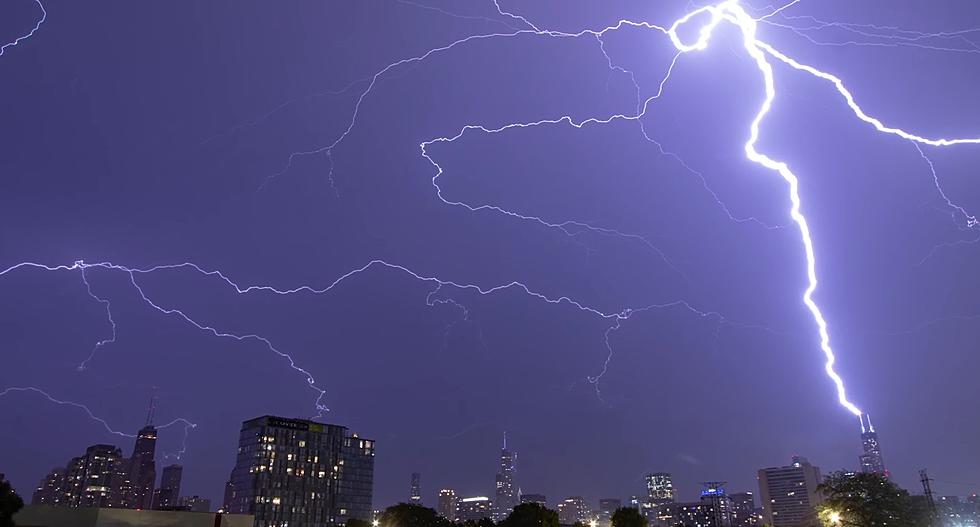
Practical Ways You Can Try to Survive a Direct Lightning Strike
Weather can change within an instant. One second it's bright and sunny outside, and five minutes later clouds cover the sky as the temperature drops and it starts to pour. Scenarios like this happen all the time and are especially frequent during the spring and summertime.
When storms unleash out of the blue, you can find yourself unprepared in scary and severe conditions. Whether it be while driving on the highway, hiking in the mountains, or getting caught on the golf course, each case can be just as dangerous during a thunderstorm or other intense weather outbreaks.
Douglas County Search and Rescue recently shared some guidance if you find yourself in range of a thunderstorm. Here are a few important tips as to how you can better survive a lightning strike should you get stuck in a storm.
Crouch Down
When exposed to the elements, crouching down low to the ground is the first thing you should do. The closer you are to the ground, the less like you are to get struck by lightning, however, do not actually lay down. DCSAR says the proper position is that of a baseball catcher.
When crouching low, the only thing touching the ground should be the balls of your feet. Lightning can actually hit the ground first and then enter your body. So, by minimizing contact with the earth, there's less chance of electricity entering the body.
DCSAR explains that another important action to take while crouching is to touch your heels together. If electricity from a ground strike enters through your feet, this increases the chances of the electricity going in one foot and out the other, rather than into the rest of your body.
Cover Your Ears
It seems obvious, but covering your ears is another key measure of protection when caught outside in the heart of a thunderstorm. Doing so will minimize the sound of thunder on your eardrums, which is extremely loud when in close proximity.
Be Aware
Finally, if your hair begins to stand on end or your skin starts to tingle, a lightning strike is imminent. If this situation arises, immediately get into the crouching position.
Be aware that lightning often strikes without warning and it's best to avoid being outside during a thunderstorm at all possible costs.
Lightning Facts vs Myth
More From Ultimate Weather






